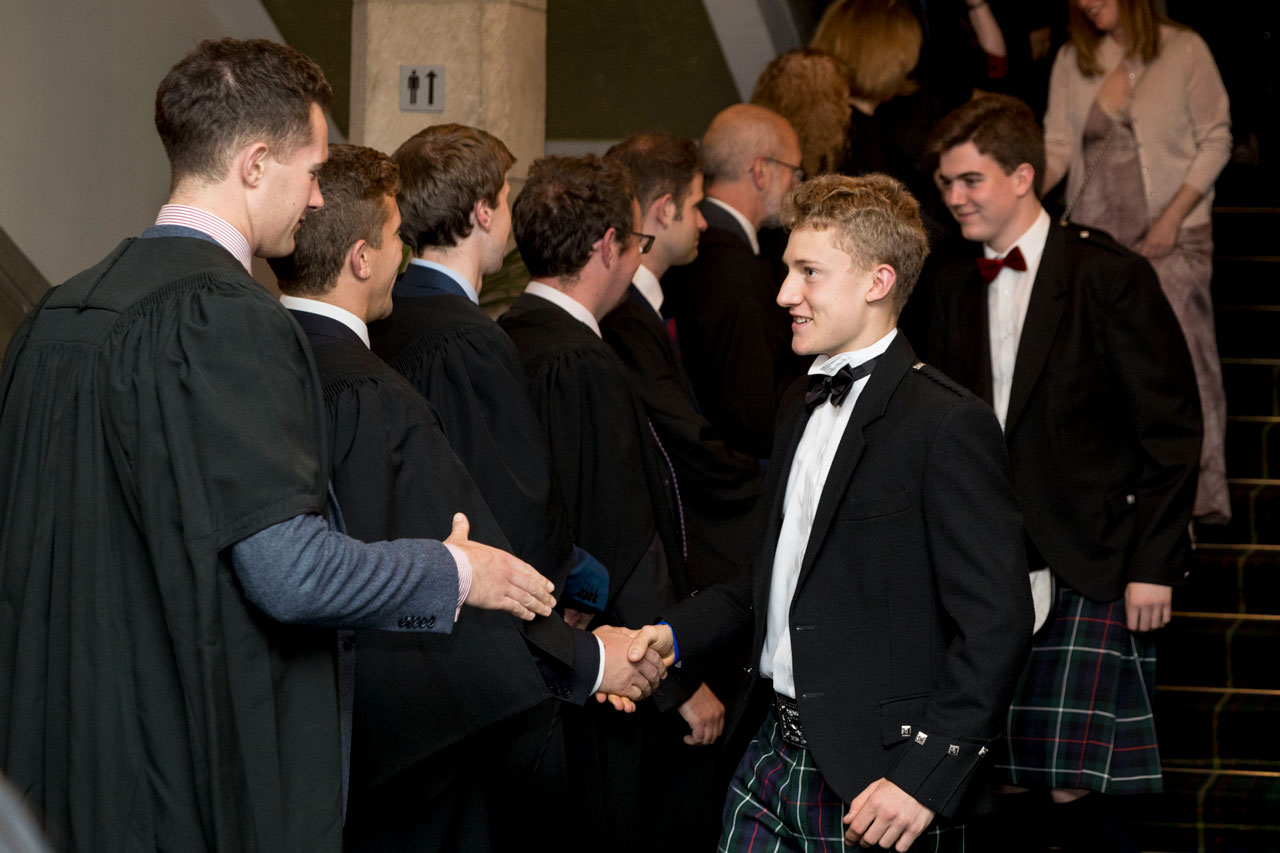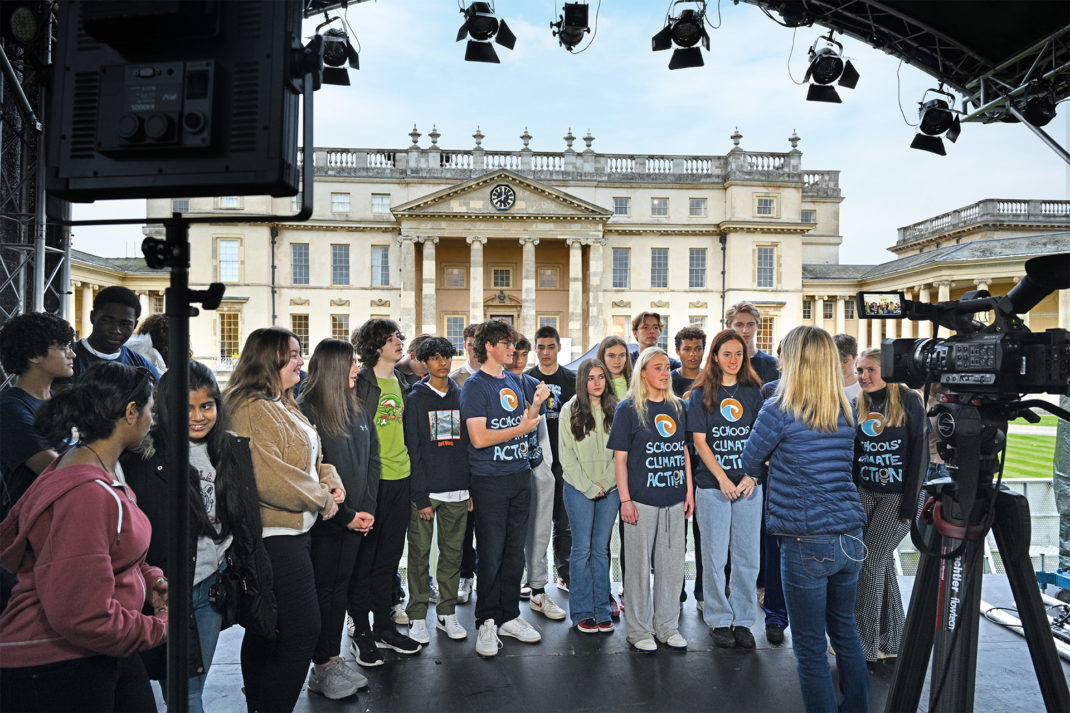How can a school prepare boys for a working world dominated by creative and service industries that are traditionally accessed by women?
By
7 years ago
Dr Dale Cartwright, Deputy Head Academic and Head of Careers at Merchiston Castle School, Edinburgh talks about the rapid evolvement of the job market for current schoolchildren

The employment landscape is evolving at such a rapid pace, with an expanding workforce in both creative and service industries, so it is essential that young people today are well prepared for the unfamiliar industries of tomorrow. The key to this lies in both a focus on developing the skills and attributes transferable to any existing or emerging industry along with the flexibility of thought to identify the opportunities that this transferability provides.
The world of education has largely, and understandably, been focused on attainment for many years, and top grades followed by a prestigious university has long been seen as preferred outcome of a successful education. What is now clear is that this is not enough: universities and employers in all career areas decry the absence of many skills fundamental to independent learning or the work place, and so an evolution of learning in schools is required to improve on this and ensure that our learners are truly ready for the next stage.

What does this evolution really mean in a modern, forward thinking school with a global perspective? At Merchiston, it means a commitment to providing our young men with progressive and cohesive opportunities to develop key skills across the total curriculum, ensuring that these are embedded as a key component of learning and underpinning attainment at the highest level possible. Equally, it means developing a shared vocabulary to articulate progressive skills development and to identify successes, development opportunities, and the value of these skills in different areas of learning, life, and work.
There has been much discussion around what these skills and attributes are and how best to develop them, and every school will have its own focus and its own approach based on what they consider to be most appropriate for their learners. Merchiston is no different in this respect, and we have developed or own skills framework, drawing on best practice and applying it within our context with a global outlook. It is wide-ranging, as one would expect, and so a focus on the afore mentioned creative and service industries will serve as an example.
How does a typical 17 year old young man – if there is such a thing – develop the skills crucial to such industries? It is essential for them to have, and make the most of, the opportunities to do so. Creativity is most obviously developed in subject areas such as Art and Design, Design and Technology, Music, etc. However, to focus so narrowly is to ignore the opportunities provided more widely: the designing of an elegant Chemistry experiment; the beauty of a play crafted to get around an opponent’s defence in rugby; an elegant counter in a debate. Skills and attributes essential to the service industries are the very same as those which are essential to being part of a community such as Merchiston.

Opportunities to serve, lead, and contribute widely are important and include collaborative projects in class; Koinoina (service in the community); involvement in student led fora; serving as prefects. These few examples highlight how so many school activities can be distilled down to underlying skills development, something which has perhaps been undervalued in the recent past. However, in an employment environment developing at an ever increasing pace of change, it is more crucial than ever that these opportunities are cultivated, promoted, and valued by both educators and learners. Only by doing so can we ensure that our young people are ready to contribute to, and shape, the world of tomorrow.
And finally, the pupils of Merchiston manifest deep, deep levels of camaraderie and friendship. It is a school in which the young men can find themselves and find those hidden nuggets of talent.
But, as the headmaster, Mr Andrew Hunter, is very fond of saying at headmaster’s assemblies, ‘I need to remind you of two facts. Be ready and prepared for these facts! First, at university you will be sitting alongside academic, ambitious and aspirational females. And secondly, remember that it is more than likely that your first boss will be a female.’
READ MORE: Why Schools are Teaching Life Skills | Five of the Best School Libraries



